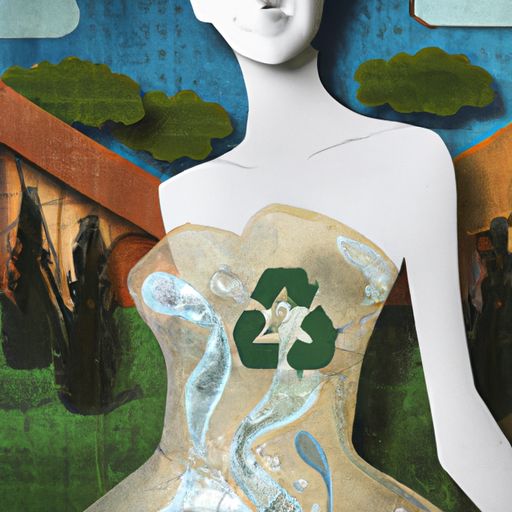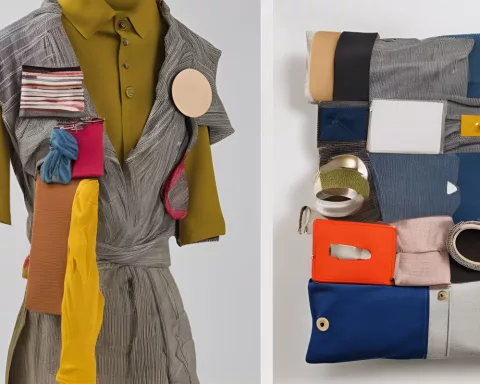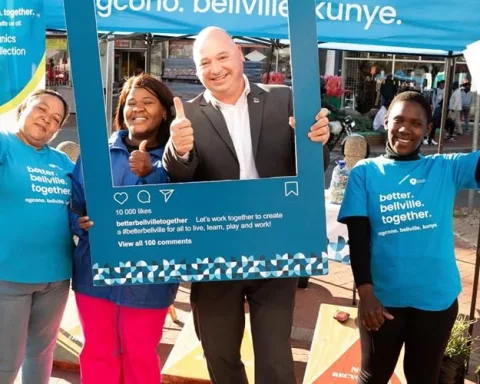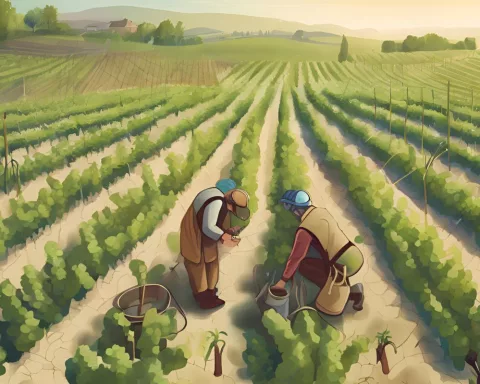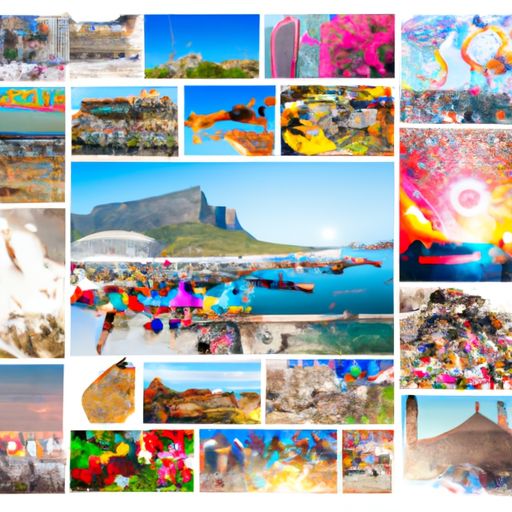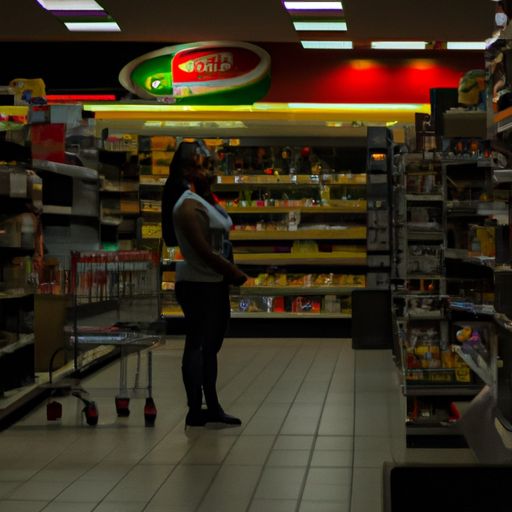Fashion has always been a form of self-expression, but the industry has been scrutinized for its environmental impact in recent years. However, in South Africa, a growing number of fashion brands are taking proactive steps toward sustainability and ethical production. From eco-friendly fabrics to upcycling materials, these brands are leading the way toward a more sustainable future for the fashion industry.
Sitting Pretty: The Intersection of Bohemian and Sophisticated
Sitting Pretty, a locally founded brand, is one such brand that takes pride in creating original designs. The brand’s collections are characterized by light, loose cuts, and nonchalance, blending bohemian chic with urban sophistication. Emma Longden founded the brand in April 2009, intending to create timeless pieces while being mindful of the environment and the people involved.
One of the ways Sitting Pretty promotes sustainability is by using natural fabrics, and avoiding synthetic materials such as polyester. Instead, the brand works with materials such as leather, rayon or viscose, cotton, linen, hemp, wool, and bamboo, which are biodegradable and easy to care for. By prioritising ethical trading, Sitting Pretty ensures that its production process is environmentally sound and socially responsible.
Ballo: Using Business as a Force for Good
Ballo is another one-of-a-kind South African brand that places a greater emphasis on environmental responsibility and sustainability than on making a profit. Ballo is a member of the B Corporation community, which means the company is dedicated to utilizing its business as a force for good. The company has committed to donating one percent of all sales to the protection and revitalization of natural habitats, and for each product they sell, they plant a tree.
Ballo’s goods are manufactured with recycled and upcycled materials, and the company employs and empowers people in a region with significant unemployment rates. In addition, Ballo urges its consumers to benefit the environment by promoting gender equality and education as two of its primary focuses. Ballo leads the way for other fashion businesses to follow by placing a premium on both ecological and social responsibility in its business practices.
The Joinery: Upcycling Plastic Bottles for the Environment
The Joinery is a brand of sustainable and ethically designed items that manufactures luxury goods out of recycled plastic bottles. Their designs adhere to strict environmental and social standards. Through the use of design, the organization is dedicated to the pursuit of finding answers to problems affecting the community and the environment. The plastic bottles utilized in The Joinery’s goods are gathered from all around South Africa, and to date, they have prevented half a million bottles from ending up in landfills or the ocean.
The Joinery forms partnerships with local sewing co-operatives, up-skilled artisans, and sustainable manufacturing companies to facilitate the creation of employment possibilities and the development of the community’s economic autonomy. The brand’s commitment to sustainability can be seen across its operations, from using recycled textiles and vegetable-tanned leather to carbon offset programs and recyclable packaging. In addition, the Joinery advocates sustainable manufacturing techniques that are to the advantage of both society and the environment. These practices include the upcycling of waste materials and the assistance of local communities.
Conclusion
These three fashion brands – Sitting Pretty, Ballo, and The Joinery – are setting an example for sustainable and ethical production practices in South Africa. By using natural fabrics, recycled and upcycled materials, supporting local communities, and promoting ethical trading, these brands are leading the way towards a more sustainable future for the fashion industry. As consumers continue to demand more eco-friendly and ethical products, these brands serve as a reminder that fashion and sustainability can coexist.

